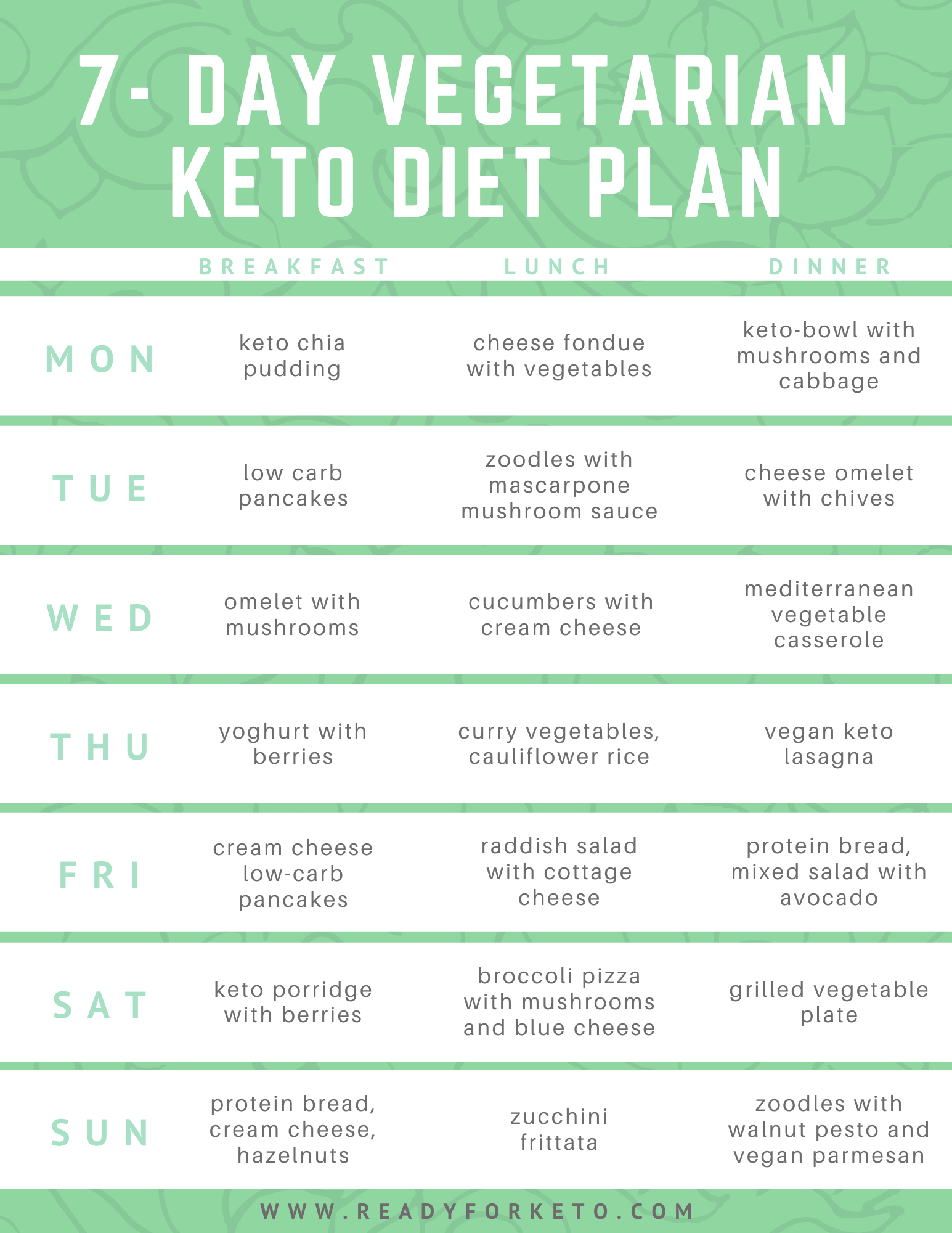The world of diets can be confusing, particularly with the plethora of options available today. From low carbohydrate to plant-based, each diet claims to offer unique benefits and satisfy different lifestyle needs. additional reading , renowned for its emphasis on whole foods and wholesome fats, has achieved popularity as a way to boost both health and duration of life. It is cherished by many healthcare professionals and nutritionists, not only for its tasty flavors but also for the significant health benefits it offers.
In this article, we will explore various diet types and how they affect your body. By examining the pros and cons of common diets like keto diet, paleo diet, and the DASH diet, we aim to help you figure out which strategy might be right for your wellness journey. Whether you’re seeking successful weight loss, muscle building, or merely a more manageable way of eating, our guide will answer your questions and assist you in making educated decisions about your eating lifestyle.
Grasping the Mediterranean Sea Culinary Plan
The Mediterranean Diet is a culinary guideline drawn by the conventional eating habits of countries bordering the Mediterranean Sea, including Italy, Greece,. It highlights complete, natural foods, such as a variety of fresh fruits, vegetables, whole grains, beans, nuts, and healthy oils, predominantly extra virgin olive oil. This diet also features moderate amounts of seafood and poultry, while red meat and sweets are consumed sparingly. One of its fundamental tenets is enjoying meals with loved ones and companions, fostering a social aspect that contributes to overall well-being.
Dietitians often recommend the Mediterranean Sea Diet for its countless health benefits. Studies consistently shows it can improve heart health, aid in weight management, and lower the risk of long-term illnesses such as diabetes and specific cancers. The diet's rich selection of antioxidant-rich foods and anti-inflammatory foods aids combat oxidative stress in the body. Additionally, its focus on healthy fats and fiber supports better gut health and satiates hunger, making it more manageable to maintain a healthy diet.
For those looking to adopt a more nutritious lifestyle, the Mediterranean Sea Diet offers adaptability and diversity, making it easier to adhere to long-term. Unlike more restrictive diets, it encourages people to savor a broad selection of foods, catering to different tastes and preferences. Whether you're a experienced cook or new your path into healthier eating, this approach provides a pathway to sustainable wellness that can easily be adapted to fit personal lifestyles.
Benefits of the Mediterranean Diet
This Mediterranean Diet is renowned for its heart-healthy benefits, primarily due to its emphasis on unsaturated fats, notably from olive oil. Studies have shown that adhering to this diet can considerably lower the risk of heart disease by decreasing bad cholesterol levels and improving overall cardiovascular health. Moreover, the diet encourages the consumption of almonds, legumes, and fish high in omega-3 fatty acids, also supporting heart health.
A further notable advantage of the Mediterranean Diet is its potential for maintaining a healthy weight. By focusing on whole, minimally processed foods like fresh produce, greens, whole grains, and lean proteins, this dietary approach promotes fullness and helps regulate appetite. Rather than restricting food intake, the Mediterranean Diet encourages thoughtful eating and portion control, making it easier for individuals to maintain a healthy weight without suffering from deprived feelings.
Lastly, the Mediterranean Diet has been linked to enhanced lifespan and lowered risk of chronic diseases. Its rich array of antioxidants, vitamins, and minerals from whole foods contributes to improved health and may minimize the incidence of conditions such as diabetes, hypertension, and some cancers. Additionally, the diet's emphasis on gathering around food and cultural traditions fosters a positive relationship with food, enhancing emotional wellness and promoting a balanced lifestyle.
Ways to Integrate the Mediterranean Diet into Your Lifestyle
Embracing the Mediterranean diet is easier than you might think. Begin by filling your kitchen with the foundations of this diet, such as fresh fruits, vegetables, whole grains, legumes, nuts, and beneficial fats like olive oil. Planning your meals around these ingredients can make grocery shopping easier and ensure you always have wholesome options on hand. Add a variety of herbs and spices to boost flavors without relying on salt, making your meals both savory and healthful.
One more key aspect is to make mealtimes a shared event. The Mediterranean culture emphasizes communal meals and dining with family and friends. Aim to set aside time to enjoy your meals without interruptions, fostering bonds and mindfulness. Making together with loved ones can also make it a fun experience, allowing everyone to learn and appreciate the healthy foods being prepared.
Finally, consider incorporating physical activity into your routine to complement the Mediterranean lifestyle. Whether it's walking, cycling, or joining a group dance class, staying active is crucial. Aim for regular exercise as part of your daily life, aligning it with community activities or family outings. https://dev-westudy.accedo.gr/members/bookslip8/activity/2830566/ but also enhances the social aspect of living a Mediterranean lifestyle.

